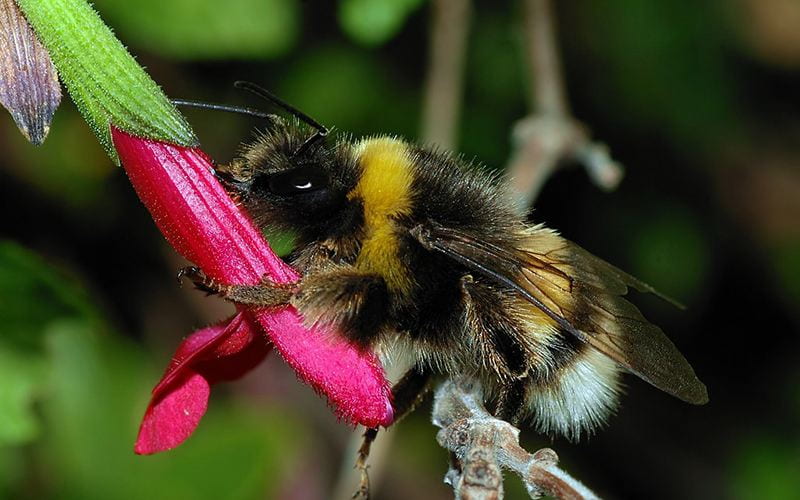Intelligence, Sapience and Learning, part 3 – Testing for intelligence
By Blog Editor, IOE Digital, on 26 July 2024

Credit: Metamorworks via Adobe.
26 July 2024
By David Scott and Sandra Leaton Gray
This blog post is Part 3 of a series relating to our newly published book: Intelligence, Sapience and Learning: Concepts, Framings and Practices.
A number of claims about human intelligence are made by the neurobiological community. The first of these is that the brains of some people seem to be more efficient than those of other people. In addition, a claim is made that specific genes have been identified which generate cellular properties associated with intelligence. These cellular properties have been found to be more in abundance in people who have been shown to be more intelligent. (more…)
 Close
Close











